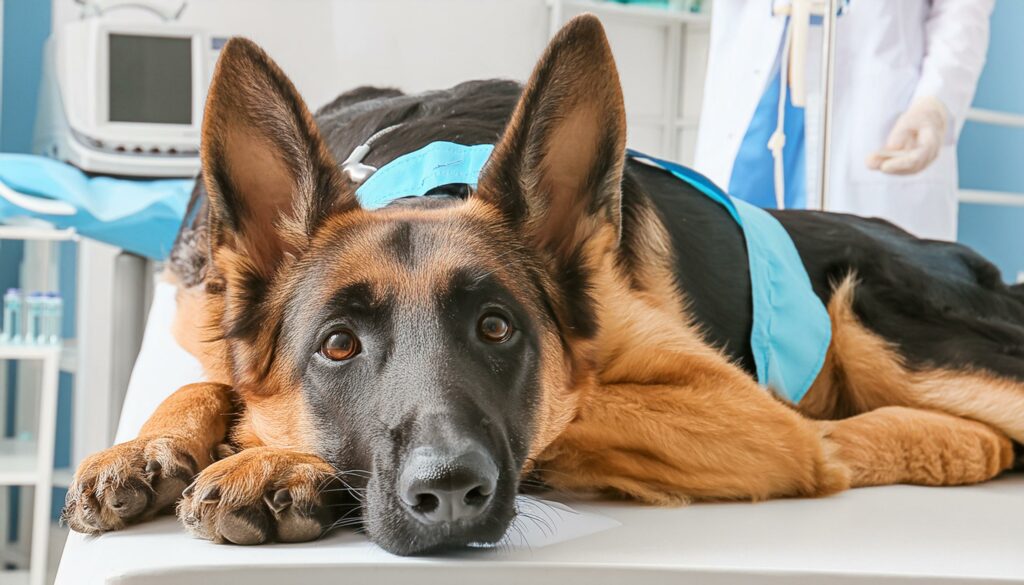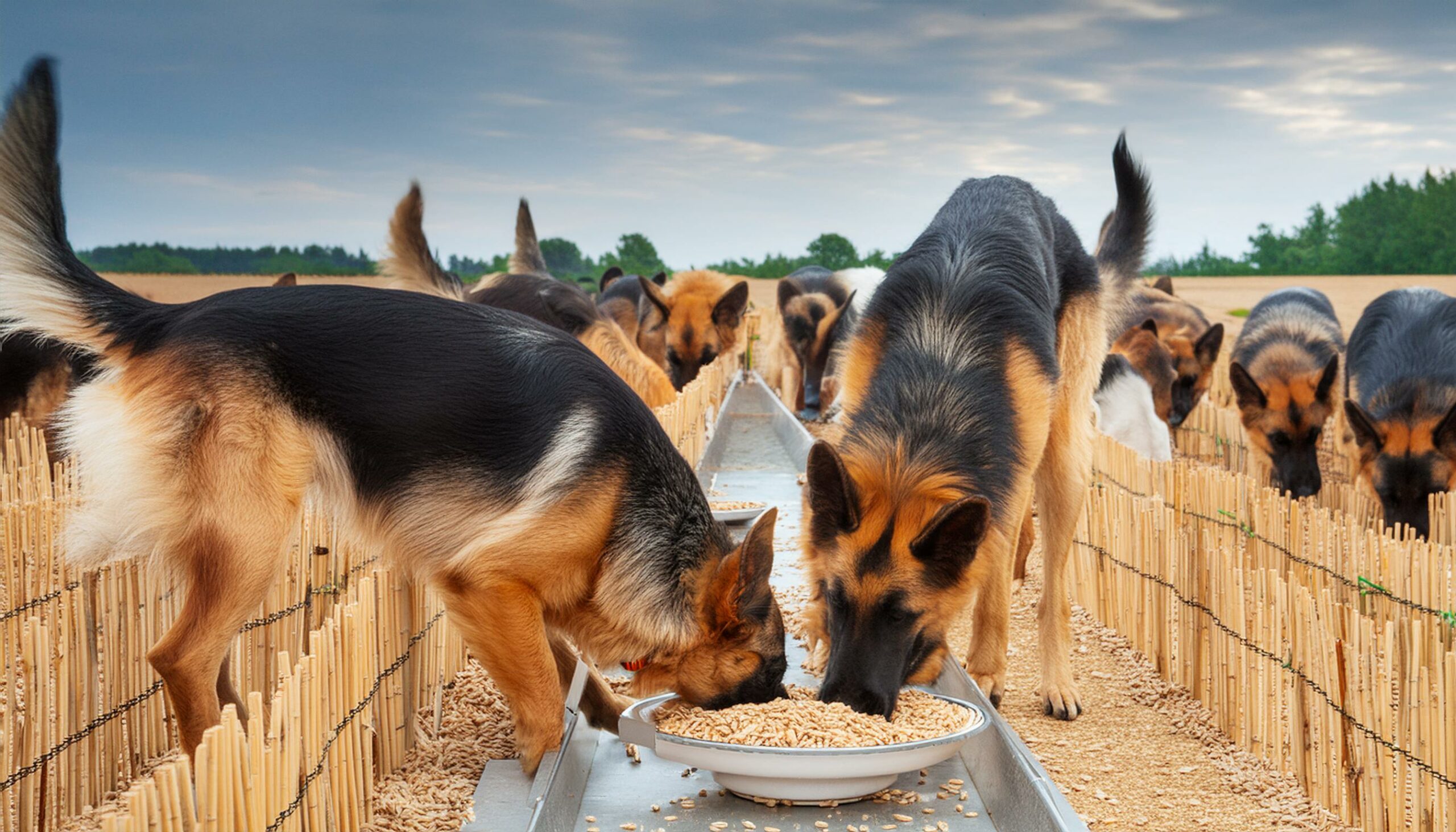German Shepherds, known for their intelligence and loyalty, are popular pets worldwide. As responsible pet owners, it’s crucial to understand their dietary needs and avoid feeding them foods that could harm their health. This article explores the foods that German Shepherds should not eat and provides essential tips for ensuring their well-being.
Harmful Foods
1. Chocolate and Caffeine
Chocolate and caffeine contain substances called methylxanthines, which can cause vomiting, diarrhea, rapid breathing, increased heart rate, seizures, and even death in dogs.
2. Grapes and Raisins
Grapes and raisins are toxic to dogs and can lead to kidney failure, even in small amounts. Symptoms may include vomiting, diarrhea, lethargy, and dehydration.
3. Onions and Garlic
Onions and garlic, whether raw, cooked, or powdered, contain compounds that can damage a dog’s red blood cells, leading to anemia. Symptoms may include weakness, vomiting, breathlessness, and collapse.
4. Xylitol
Xylitol, a sugar substitute found in sugar-free gum, candy, and some peanut butter brands, can cause a rapid release of insulin in dogs, leading to hypoglycemia, seizures, and liver failure.
5. Alcohol
Alcohol is highly toxic to dogs and can cause vomiting, diarrhea, difficulty breathing, tremors, coma, and even death. Even small amounts can be dangerous.
6. Avocado
Avocado contains a substance called persin, which can cause vomiting and diarrhea in dogs. The large seed also poses a choking hazard.
7. Macadamia Nuts
Macadamia nuts can cause weakness, depression, vomiting, tremors, and hyperthermia in dogs. In severe cases, they may experience difficulty walking or paralysis.
8. Raw Eggs, Meat, and Fish
Raw eggs, meat, and fish may contain bacteria such as Salmonella and E. coli, which can cause food poisoning in dogs. Additionally, raw fish may contain parasites harmful to dogs.
9. Bones
Cooked bones, especially from poultry or fish, can splinter and cause choking, internal injuries, or obstruction in the digestive tract. Raw bones also pose a risk of bacterial contamination.
Risks and Effects

Feeding German Shepherds these harmful foods can lead to various health issues, including digestive problems, organ damage, and toxicity symptoms such as weakness, tremors, seizures, and coma.
Safe Alternatives and Diet Tips
To ensure your German Shepherd’s health and well-being, consider the following safe alternatives and diet tips:
- Feed them a balanced diet consisting of high-quality commercial dog food or a veterinarian-approved homemade diet.
- Offer healthy treats such as carrots, apples (without seeds), and blueberries in moderation.
- Avoid giving table scraps or leftovers, as they may contain ingredients harmful to dogs.
- Consult your veterinarian for recommendations tailored to your dog’s age, weight, and activity level.
- Establish a regular feeding schedule and avoid overfeeding to prevent obesity and related health issues.
Conclusion
In conclusion, it’s essential to be aware of the foods that German Shepherds should not eat to ensure their health and well-being. By avoiding harmful foods and providing them with a nutritious diet, you can help your furry friend live a long, happy, and healthy life.
FAQs
1. Can German Shepherds eat peanut butter?
Yes, plain, unsalted peanut butter is safe for German Shepherds in moderation. However, make sure it does not contain xylitol, which is toxic to dogs.
2. Are carrots good for German Shepherds?
Yes, carrots are a healthy and low-calorie snack for German Shepherds. They are rich in vitamins and fiber and can help support dental health.
3. Can German Shepherds eat cheese?
While some dogs can tolerate small amounts of cheese, it’s best to avoid it for German Shepherds, especially those who are lactose intolerant. Too much cheese can cause digestive upset.
4. Is it safe to give my German Shepherd bones?
No, it’s not safe to give cooked bones to German Shepherds or any other dog. Cooked bones can splinter and cause choking, internal injuries, or digestive tract obstruction.
5. How often should I feed my German Shepherd?
Adult German Shepherds should typically be fed twice a day, while puppies may require more frequent meals. Consult your veterinarian for specific feeding recommendations based on your dog’s age, weight, and activity level.
